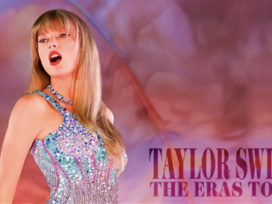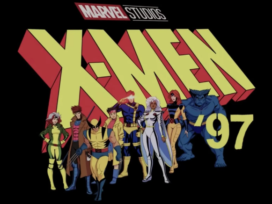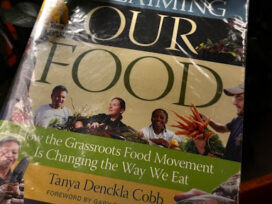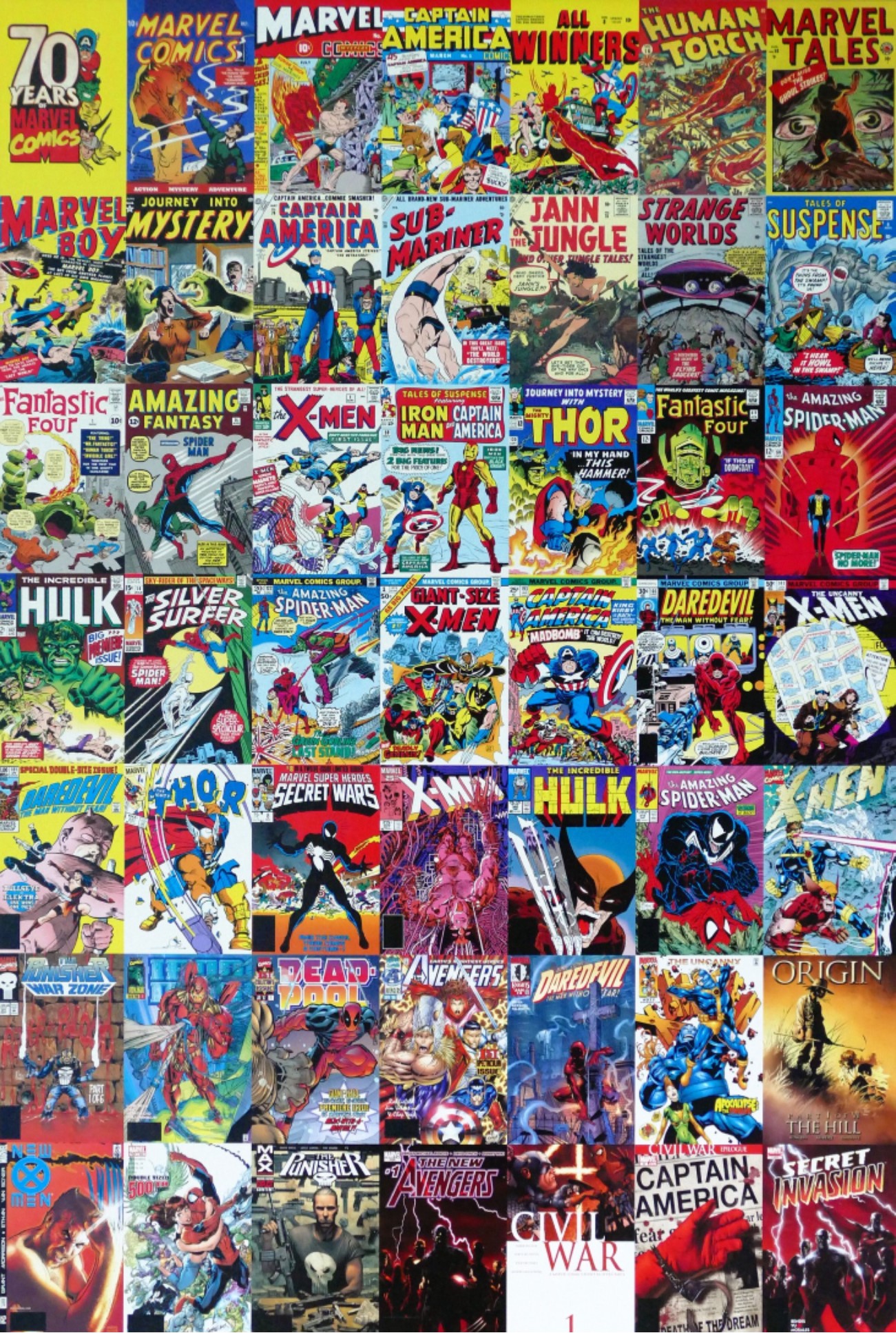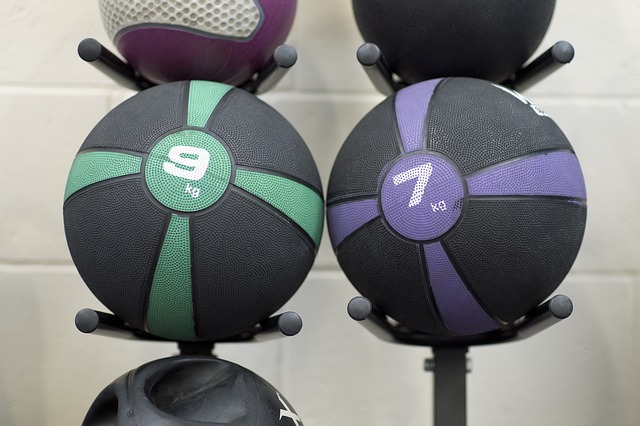
Seeing Literature from a New Perspective
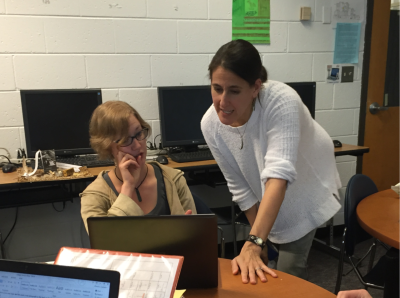
While many college composition classes focus primarily on writing, Professor Jennifer Koster has a different approach. In her honors college composition course students must learn to think critically and see things from different perspectives.
“I remember learning in college about a theorist who said that ‘the most significant learning takes place when a student learns something about themselves,’” said Koster. “I try to keep this in mind.”
Throughout the course, students read short stories and poems by authors such as Ernest Hemingway, Marjane Satrapi, Bobbie Ann Mason, Jamaica Kincaid and more.
“I’ve tried to loosely organize these stories as a kind of coming of age . . . childhood through adulthood. I feel students can connect to it in some way,” said Koster. “I think it helps you get through your own issues or things that you think about in a kind of sideways way, and then it helps people grow.”
She incorporates different forms of informal writing in an effort to help her students generate ideas. These include reader response journals, exploratory and creative writing, and focused and reflective free writing.
These exercises are introspective, reflective and beneficial for planning formal essays.
The course places a large emphasis on critical, argumentation and research essays. Koster’s process involves multiple drafts and revisions, as well as workshops with fellow classmates to understand the reader’s perspective and reactions.
Koster said, “One of my hopes is that students learn to gather ideas together so that they don’t wait to write. They have been building upon or working with the ideas so they have things to work with when they sit down and write.”
Another unique aspect of the class is the intriguing, thought-provoking group discussions. Through the discussions, students are able to think about the issues and make arguments relating to stories or research. They are able to discuss how they perceived a story or poem, yet also learn about different perspectives.
“This course is more critical-thinking oriented . . . so some of the stories are not about what is happening in the story, but what’s the larger issue or point the writer is trying to make,” said Koster.
This course will improve a student’s writing ability and teach them how to think critically. It will broaden their thoughts, as they must view stories from a different perspective while incorporating their peers’ ideas and interpretations.
This course can not only expand their knowledge about literature and composition, but teach them something about themselves.

